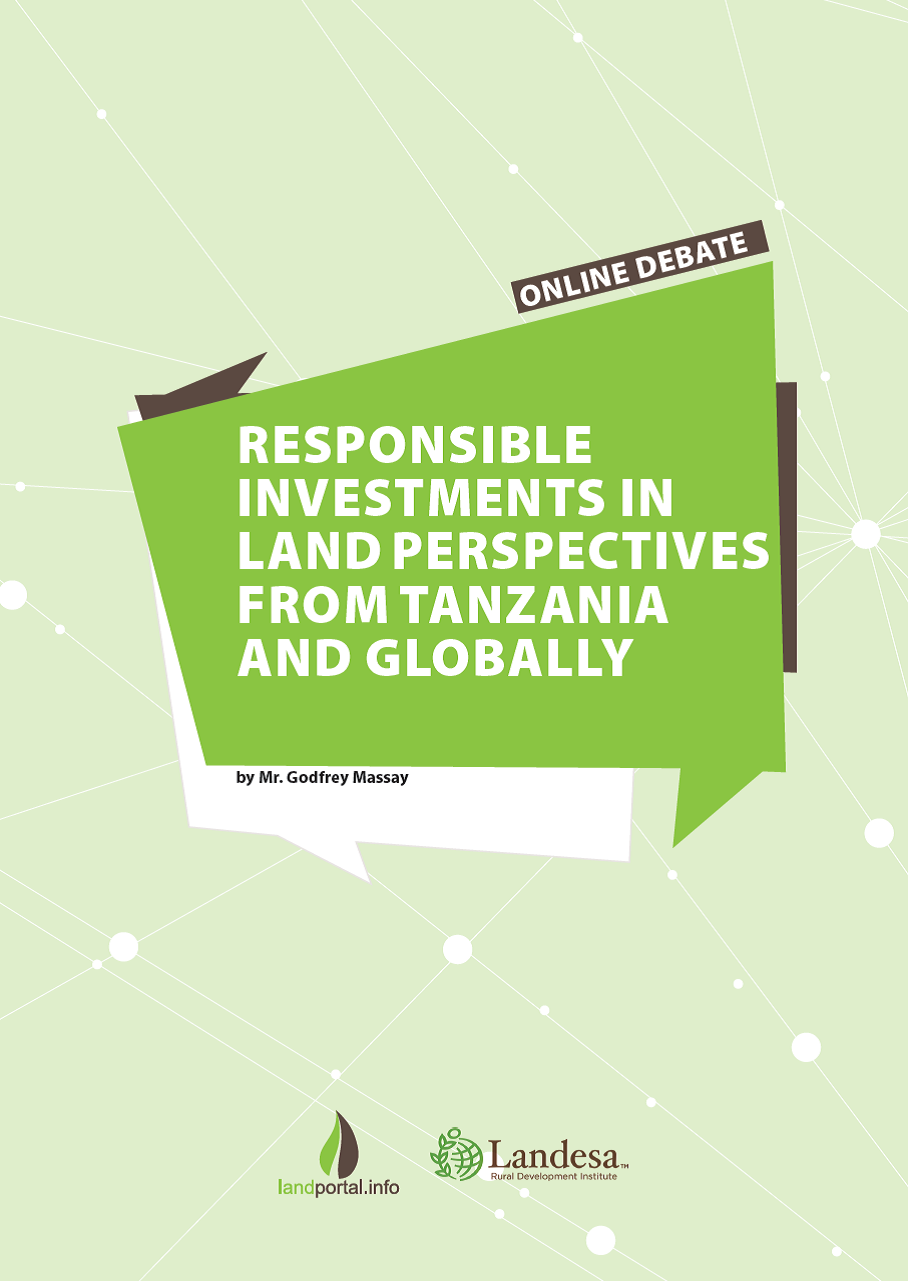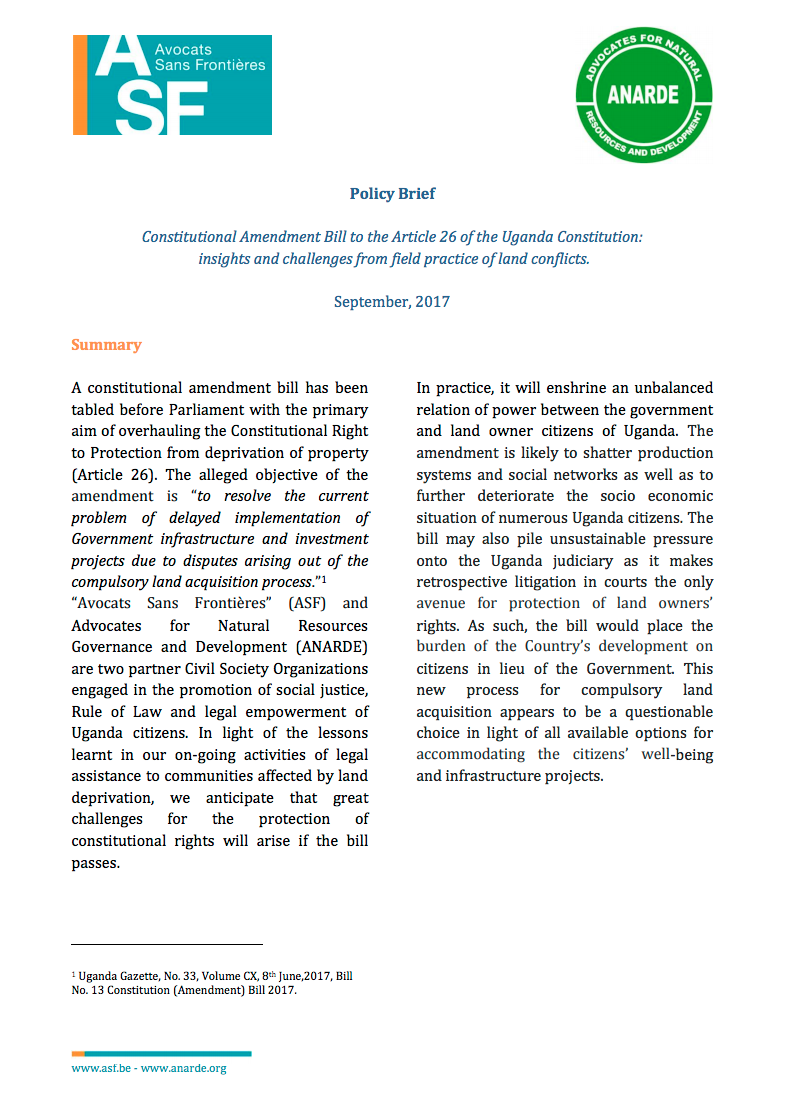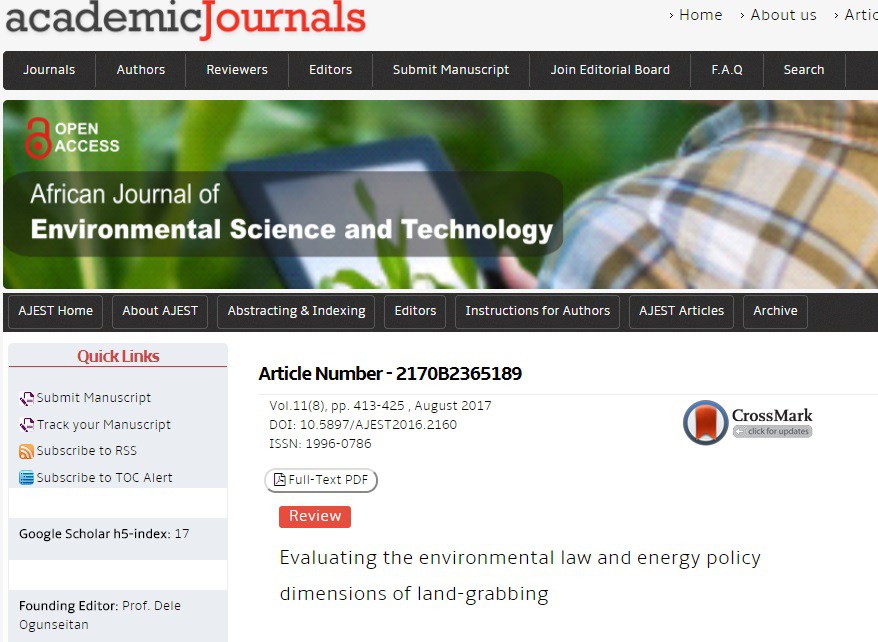Select Bibliography of Reports and Press Cuttings on Land Rights in Africa and Global Land Grabbing, August 2013 – August 2017
A 78-page list, much of it pretty grim reading. Divided into reports and press cuttings, in alphabetical order. The reports section comprises a ‘1stXI’ of Future Agricultures Consortium, GRAIN, IIED, IISD, Mokoro, Oakland Institute, Oxfam, Pambazuka News, PLAAS, RRI and TNI, followed by a further 36 from Action Aid to the World Resources Institute. The press cuttings cover Global, Africa, 31 African countries or regions from Angola to Zimbabwe, followed by Middle East, Asia and China. Countries with greatest coverage are Ethiopia, Liberia, Mozambique, Sierra Leone, and Tanzania.












